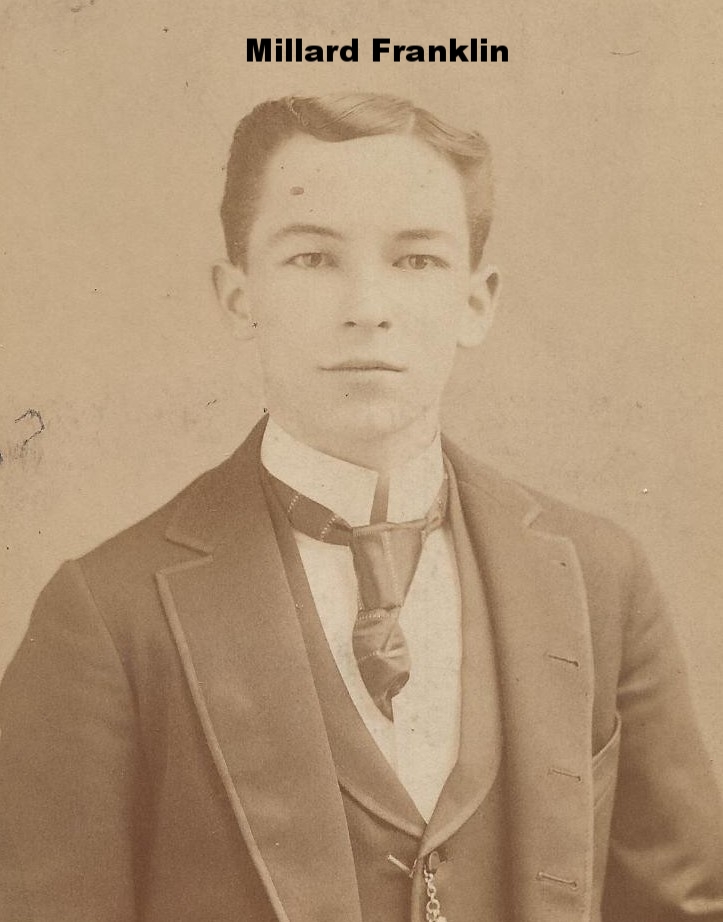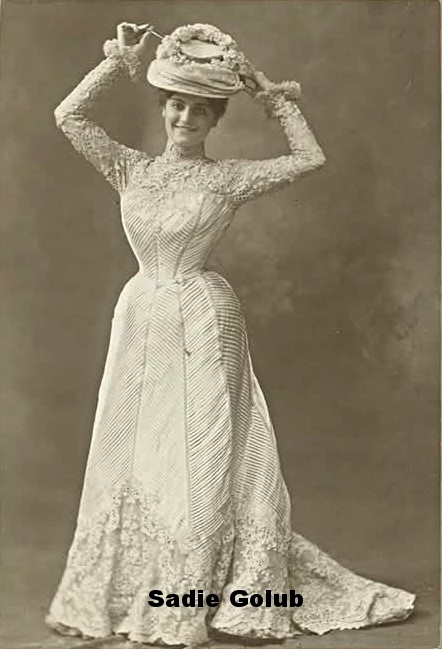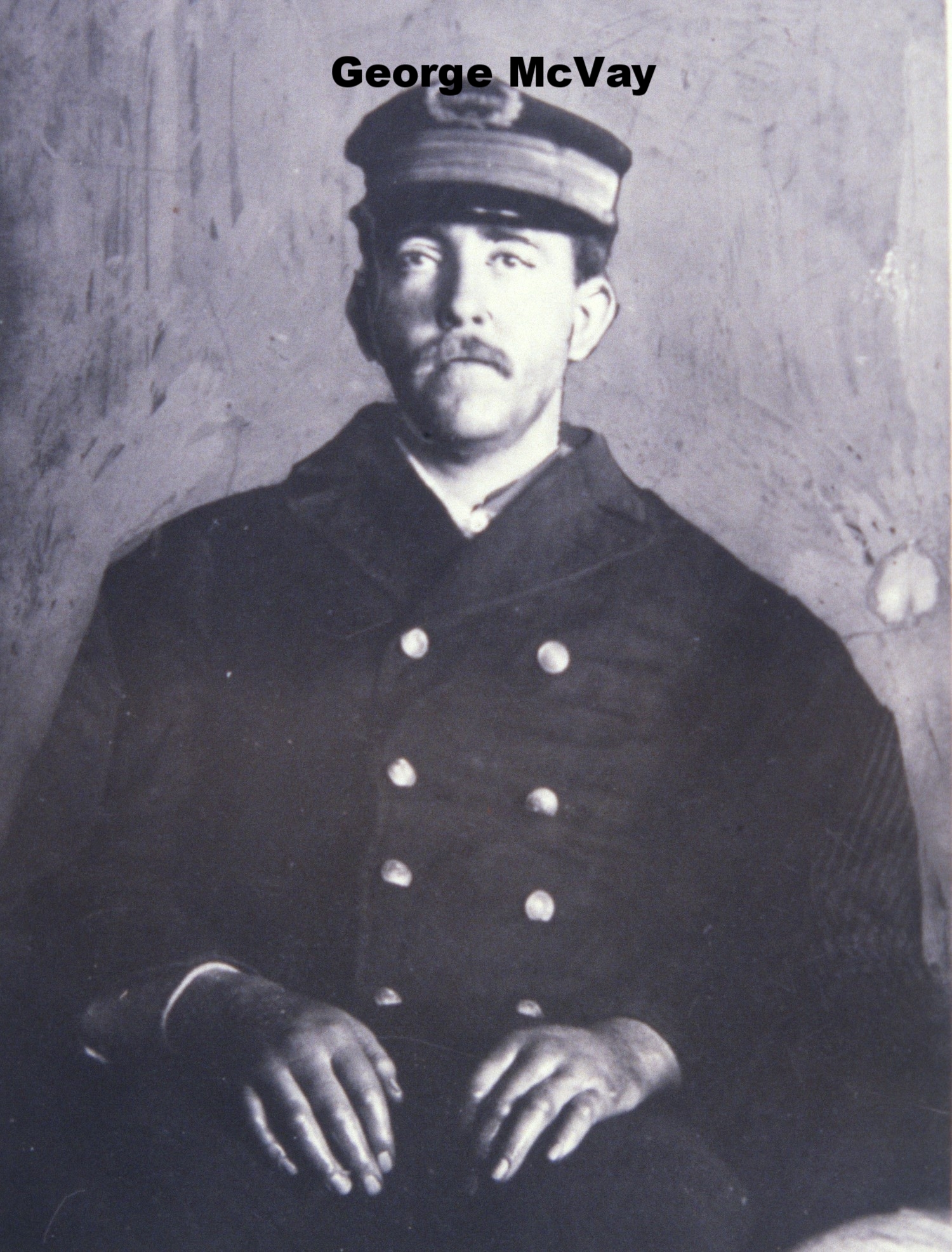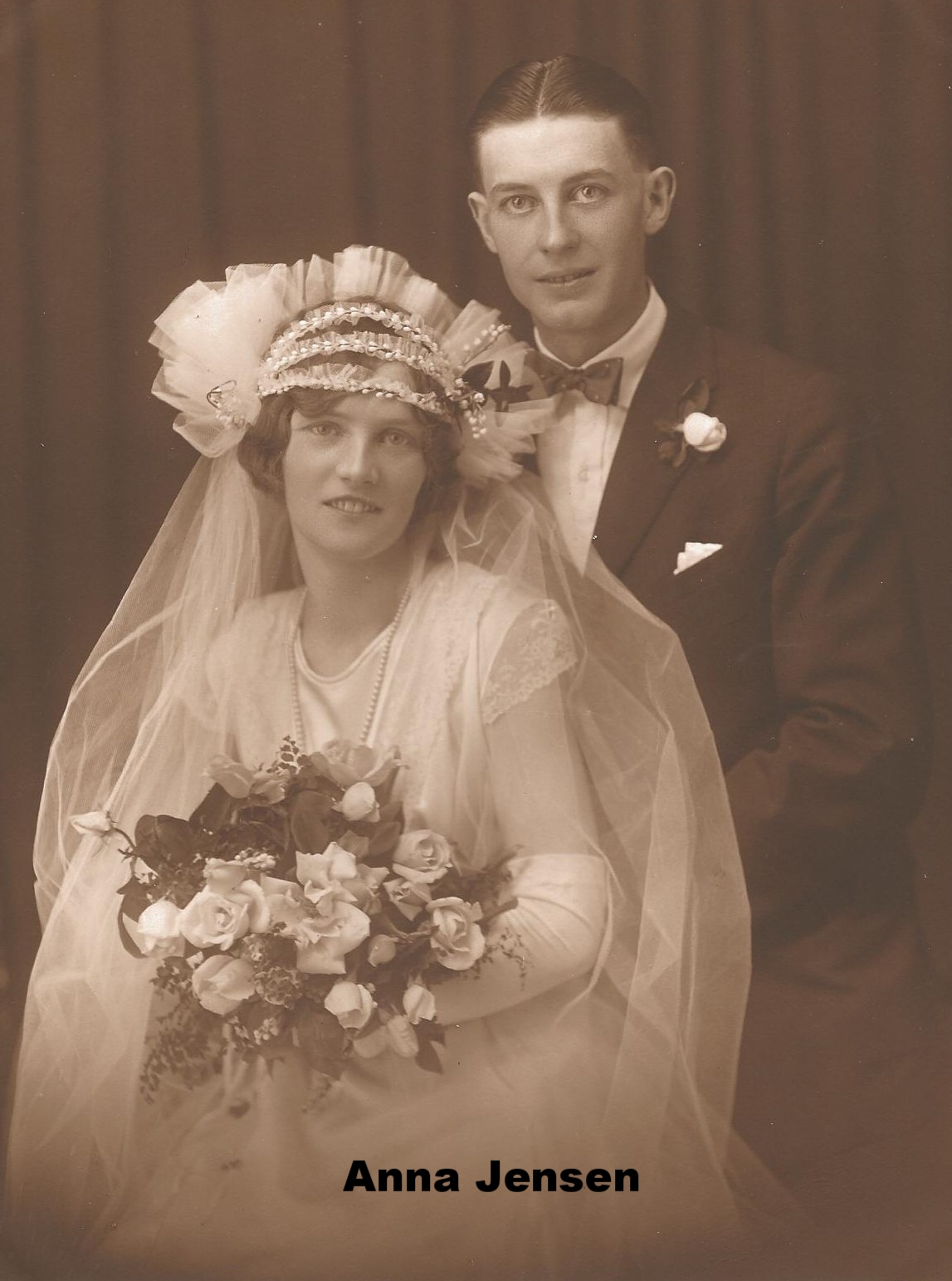FROZEN VOICES
On February 11, 1907, 156 men, women, and children boarded the passenger steamship Larchmont in Providence, Rhode Island, for an overnight cruise to New York City. By the following morning, 137 of them were dead—drowned, frozen, or scalded to death—and the ship sat in the muck at the bottom of the Block Island Sound. Frozen Voices, a work of historical fiction, tells the stories of four people who boarded the ship that night.
The Origins of Frozen Voices
A few years ago, I was surfing the Internet, curious about what historical events had happened on my birthday, February 11th. One website listed the brief entry, “1907 - Passenger ship Larchmont sinks off the coast of Block Island, Rhode Island, 322 die.” Having lived in Rhode Island for more than twenty years, I was surprised that I’d never heard of the Larchmont. I quickly dashed off a query letter to a local magazine, asking if they would be interested in an article about the disaster. They agreed and I began researching the facts of the event.
One source, Edwin L. Dunbaugh’s The Era of the Joy Line: A Saga of Steamboating on Long Island Sound, proved invaluable. Not only did this non-fiction volume provide the history of the steamship line, the Larchmont, and the accident, but also included snippets of information about some of the passengers onboard the ship on the night of the disaster. I began to wonder what those people—especially the ones who died that evening—would like us to remember about them. If their frozen voice could be heard now, what would they say?
I wrote my article for Rhode Island Home, Living, & Design, which appeared in their February 2009 issue, and then continued to do research on a topic that now fascinated me. I felt I had won the literary lottery when I found a copy of the January 1908 House of Representative report, “Finding in Investigation of Collision Between Steamer Larchmont and Schooner Harry Knowlton” online at a Brown University website. And then an enjoyable afternoon at the Rhode Island Historical Society’s Library yielded some more fascinating material, including a newspaper article about a letter Harry Houdini had sent to Millard Franklin’s family. Imagine my glee when I even found photographs of three of four of the main characters that I wanted to include in my novel. Yes, they are all real people.
The United States Life-Saving Service Report for the Year 1907 and the Carnegie Hero Fund Commission Report about the Block Island fishermen both provided me with additional factual information about the valiant efforts necessary to rescue the passengers from the frigid waters of the Block Island Sound. I compiled all of this information and then began writing my novel.
Frozen Voices has gone through many iterations in its lifetime, at times covering long periods of the lives of Millard, Sadie, George, and Anna, and then, eventually, mainly focusing on the time just before and just after the disaster. I supplemented the factual information I had gathered with specific information about other real-life people and places and then imagined how each of my characters would react and interact with others in times of calm and crisis.
(Click on a narrator image above to see a slide show about that character.)
While writing the novel, I spent a great deal of time contemplating each passenger’s voice. For example, did a seventeen-year-old boy have anything that he could teach the rest of the world? How had his brief life impacted the lives of those around him? Did he have to do something heroic to be remembered or could his legacy be simple human kindness? I used the novel to examine the value of my four character’s lives and to try to show how their voices affected their friends, relatives, and even the strangers around them.
Also while writing, I was fascinated with the question of why some people on the Larchmont survived and others did not. The outcome did not seem to have much to do with the physical condition of the passengers, since so many of the able-bodied seamen died while one fairly frail teenage girl survived. So what was it about the survivors’ personalities that made them fight for life just a little harder than their fellow passengers? I attempted to show the unique strength of my characters which allowed two of them to survive.
When Frozen Voices was selected as the winner of the 2015 Fairfield Book Prize, I was granted the opportunity to work with a wonderful team of interns, students, and editors at New Rivers Press/Minnesota State University Moorhead to further improve the novel, making it the best it could be. Step by step, they guided me through the editing and publishing processes and together we created a book we are all very proud of.
SS Larchmont steaming out of Providence Harbor (1906)
Post Publication
Since Frozen Voices was published by New Rivers Press in December 2016, I’ve been invited to speak about it to various groups throughout New England and have even done talks as far away as Washington, D.C. and Westville, Illinois. I’ve greatly enjoyed visiting all of these wonderful venues—from bookstores to libraries to historical societies—but, even more than that, I’ve thoroughly appreciated the opportunities to meet so many wonderful new people.
Among the folks who have attended my presentations are relatives of some of my characters. After a talk in Barrington, RI, last summer, a distinguished-looking gentleman approached the podium and introduced himself as Howard W. McVay Jr., nephew of Captain George McVay. He spoke of his uncle as a quiet man, friendly and kind at family gatherings, who never spoke of the Larchmont Disaster. Since I worked on this novel for over eight years, I feel a deep connection with all my characters, so hearing about them from one of their relatives feels like receiving a valuable “hit” from Ancestry.com or other similar sources. Over the years, I have also heard from descendants of Sadie Golub and Edgar Littlefield, one of the fishermen who rescued Sadie. I am always thrilled when someone takes the time to contact me and tell me more about one of my characters.
Thank you all for coming out to hear me speak about Frozen Voices and for sharing your thoughts about the story. I look forward to meeting many more of you—readers and relatives, alike—at future readings/events.






